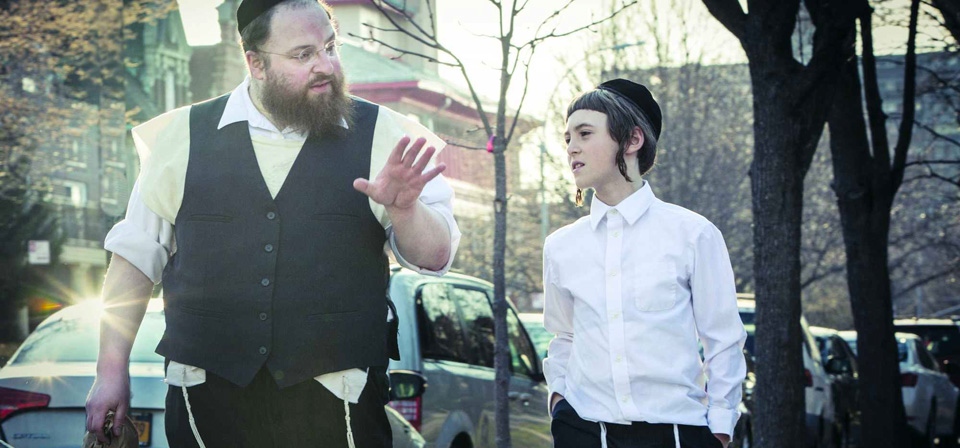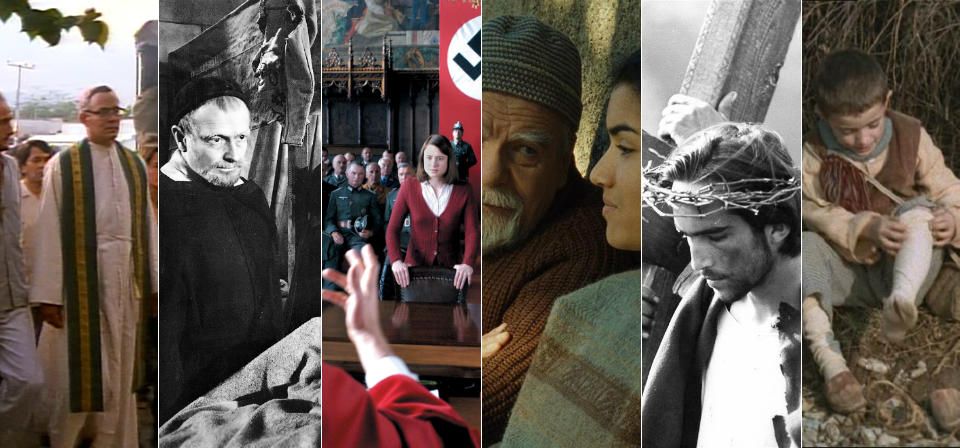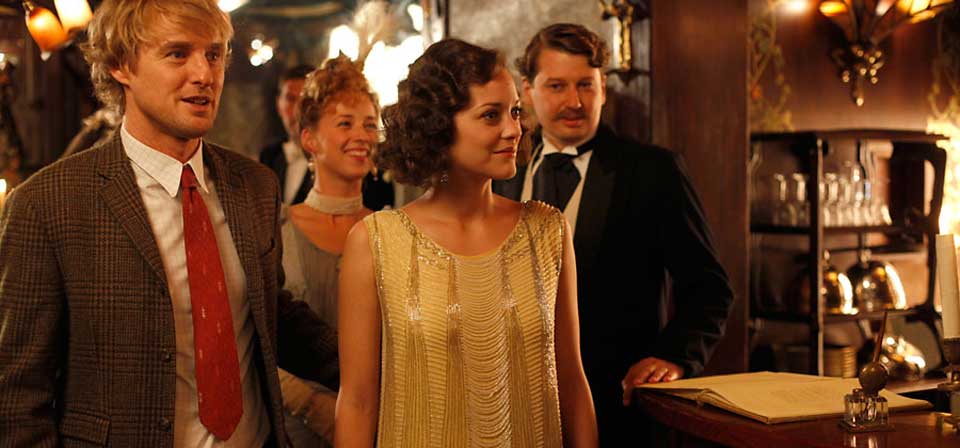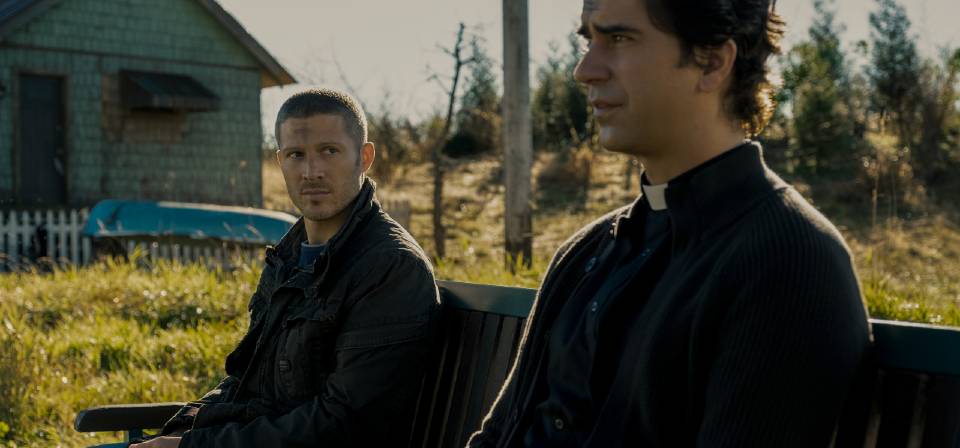Search Results
133 records found
Mean Girls (2004)
(Written by Suzanne E. Greydanus) At school, Cady is befriended by two social outcasts: an artsy girl named Janis (Lizzy Caplan) with an all-black goth look, and her sidekick Damian (Daniel Franzese), whom Janis describes as “almost too gay to function.” She is also befriended by the clique of popular girls (dubbed “the Plastics” by Janis), queened by Regina (Rachel McAdams), who think Cady pretty enough to be their friend despite her ignorance of proper social rules for high-school “success.”
The Medallion (2003)
Jackie’s current string of Hollywood buddy movies (the Rush Hour and Shanghai flicks; The Tuxedo) have brought him success in the U.S. — but at a price. For one thing, he’s never been allowed to do the kind of really elaborate, extended action-comedy sequences that were the heart and soul of solo efforts like First Strike and Rumble in the Bronx. For another, he’s had to share the spotlight with a string of costars ranging from alternately funny and irritating (Owen Wilson, funny in Shanghai Noon but irritating in Shanghai Knights, and Chris Tucker, alternatingly funny and irritating throughout both Rush Hour movies) to just plain irritating and not funny (Jennifer Love Hewitt in The Tuxedo).
Megamind (2010)
Megamind is a satiric take on the Superman mythos, seen through the eyes of a supervillain who’s part Lex Luthor, part Brainiac. Instead of a rocket ship bearing an infant survivor from a doomed planet to Earth, there are two ships from two planets. Fate deals the infant survivors very different hands: One is a super-powered golden boy who grows up privileged and smugly superior; the other grows up on the fringes of society, an outcast with one asset: his super-brain. It seems the two are destined to battle each other forever … or are they?
Memento (2001)
This device — unfairly dismissed by some critics as a mere gimmick — creates an experience that in one way resembles that of the protagonist, Leonard Shelby (Guy Pearce). Leonard suffers from a unique trauma-related condition that prevents him from retaining new memories. It’s amnesia in reverse: The amnesiac remembers only his life after his trauma; Leonard remembers only his life before. He knows his name, his past history, everything — up to a point. The last thing he remembers is failing to prevent the rape and murder of his wife.
Men in Black (1997)
Based on the whimsical comic book series of the same name, Men in Black looks superficially like another Independence Day-style big-budget summer special-effects extravaganza with a catchy three-letter acronym. Yet MIB is smarter, leaner, funnier, and more human than most entries in the genre, relying less on spectacle than on the chemistry of the two leads and the wit of the script for its appeal.
Men in Black 3 (2012)
It’s all acceptably diverting, and not actively unpleasant like the 2002 sequel. There are no grand twists or revelations comparable to the truth about the “galaxy” in the original. What the film could most use, I think, is a wide-eyed uninitiate like Linda Fiorentino in the original or Rosario Dawson in the sequel — but one from 1969, which would offer a fresh twist on the outsider’s experience of the MIB’s nutty world.
Men in Black II (2002)
Beyond more action and bigger effects, the sequel brings nothing new to the table. You’ll wait in vain for satirical "revelations" about the presence of aliens among us to match the wit of the jokes in the original about cab drivers or the World’s Fair. Instead, we get limp gags like the one about the Post Office being staffed by aliens. (Why? Is it a joke about postal efficiency? The "going postal" stereotype? The fact that they make rounds? What?)

Menashe (2017)
It has been jokingly suggested that all Americans are Protestants — even Catholics, atheists and Jews. There’s a meaningful insight there, although even as a joke it’s an overstatement, and insular communities like the Hasidim manage to resist American cultural identity far more than most. Menashe is different, though I wouldn’t want to suggest that he is a Protestant Hasid. It would be fair to say he’s a bit of a resister or nonconformist, if not quite a rebel.

Mercy and movies: Lenten viewing for the Year of Mercy
Six years ago I put together a list of movie recommendations for Lenten viewing, six titles for the six weeks of Lent. This year, for the Year of Mercy, here’s a new list: one that puts particular emphasis on mercy, charity, and active concern for one’s neighbor.
Metropolis (1927)
Surreal, sprawling, and operatic, drawing on biblical and medieval Christian imagery as well as H. G. Wells’s The Time Machine, Fritz Lang’s deeply influential pulp allegory Metropolis colonized a new realm of the imagination that has shaped subsequent science fiction from Flash Gordon to Star Wars, from "The Jetsons" to Blade Runner.
The Mexican (2001)
There’s some freshness here amid the formula, but mainstream audiences are liable to find The Mexican too long and slow, too violent, and too off-putting. A few film aficianados and critics, numbed by the present dismal spate of lousy Hollywood efforts, may hail it as a wonderful find. But only the absence of worthwhile competition — and a highly watchable performance by "The Sopranos"’s James Gandolfini (who gets far more screen time with Roberts than Pitt does) — qualifies this middling effort as a modest success by any standard.
Microcosmos (1996)
What Winged Migration did for birds and Atlantis did for life under the sea, Microcosmos does for the insect world. It’s an astonishingly up-close and personal look at an infinitesimal world as alien as anything captured by the Hubble telescope or the Mars rovers — but also a world of strange fascination and unexpected beauty.

Midnight in Paris (2011)
It’s a nostalgic film about nostalgia — nostalgia for when Paris was Paris, for one thing. Even if you’ve never been to the City of Light, even if phrases like “the Lost Generation” and “la Belle Époque” hold for you none of the magic they do for Allen, the film makes you feel their power for his onscreen alter ego, appealingly played by Owen Wilson.

Midnight Mass is drenched in blood and Catholicism, but there’s one thing missing
Midnight Mass isn’t the first vampire story to blend vampirism as a metaphor for addiction with literal substance abuse. It is, however, probably the only paranormal horror story to focus so intently on the role of religion in recovery.
![Midsommar [video]](/uploads/articles/midsommarjpg.jpeg)
Midsommar [video]
Why does Robin Hardy’s disquietingly cheery 1973 British folk-horror classic The Wicker Man work better than this sophomore film from the writer-director of Hereditary?
The Mighty (1998)
Based on the children’s book Freak The Mighty, Peter Chelsom’s less oddly named The Mighty tells the story of a remarkable friendship between two young boys, both outcasts. Max (Elden Ratliff) is dull-witted but intimidating; Kevin (Kieran Culkin) is bright but crippled by Morquio’s Syndrome.
The Mighty Macs (2011)
The movie is full of Catholic iconography that Catholic viewers and fans of Golden Age Hollywood Catholicism will appreciate. Statues of Jesus, Mary and the saints are everywhere. I compared the movie’s Catholic milieu to a Bing Crosby film, but a Crosby film would actually have edgier personalities and more conflict.
A Mighty Wind (2003)
Like Spinal Tap, A Mighty Wind follows a number of musicians who never actually existed, but often feel as if they might have. There’s a convincing history to the Folksmen, Mitch & Mickey, and the New Main Street Singers, developed by Guest through a combination of pseudo-archival footage, interview sequences, and period album covers that folk fans might almost remember having seen in their collections.

The Mill & the Cross (2011)
There is a moment in The Mill & the Cross in which the power of art, in particular sacred art, to capture the eternal in the hugger-mugger of ordinary life — even in the most horrific and seemingly meaningless events — is revealed with stunning clarity. André Bazin, the great Catholic film critic and theorist, wrote about the mission of art to rescue the world from transience and corruption, to capture moments and events in time and space before they slip into the irretrievable past, and so bear witness to the hand of God in creation. I don’t know if I’ve ever seen this idea more resoundingly affirmed than in The Mill & the Cross.
Million Dollar Arm [video] (2014)
What happens when an American sports agent goes to the land of cricket, the Taj Mahal and endless traffic jams looking for anyone who can pitch upwards of 80mph?
Recent
- Benoit Blanc goes to church: Mysteries and faith in Wake Up Dead Man
- Are there too many Jesus movies?
- Antidote to the digital revolution: Carlo Acutis: Roadmap to Reality
- “Not I, But God”: Interview with Carlo Acutis: Roadmap to Reality director Tim Moriarty
- Gunn’s Superman is silly and sincere, and that’s good. It could be smarter.
Home Video
Copyright © 2000– Steven D. Greydanus. All rights reserved.